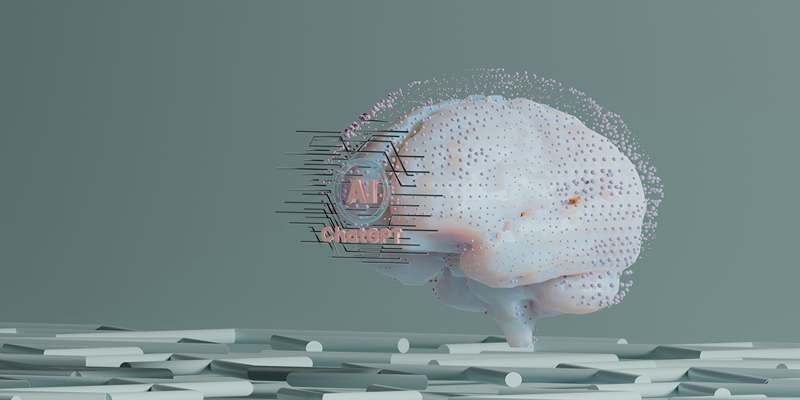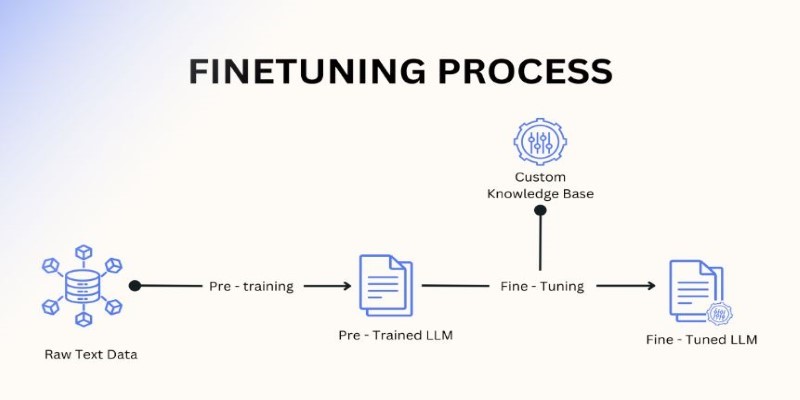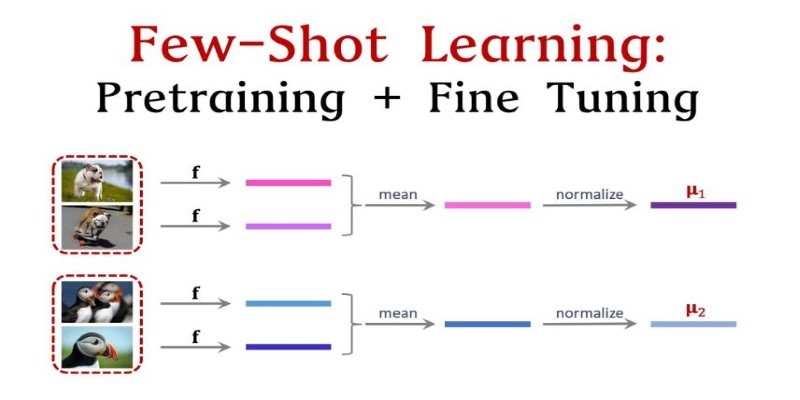Machine learning is currently used in the health sector to improve diagnostics and treatment plans, as well as enhance patient care. However, to incorporate AI into the healthcare system, it is vital to consider ethical AI practices. Where there is no responsible AI in healthcare, some effects that will be realized include; There will be bias, data privacy issues, and worse of all, accessibility problems that are likely to affect the affected populations most of which are in the underprivileged societies. Ethical AI, on the other hand, aims at ensuring that the latest technology is beneficial to all communities since it covers all ethical issues through being fair, transparent, and accountable. With the advancement of intelligent technologies in the healthcare sector, there is a need for policy makers, doctors and technology engineers to ensure proper technology is adopted to serve the patients better without violating their rights and equality. This article aims to discuss how AI can be ethical in enabling equitable and appropriate healthcare for all the people.

The Role of Ethical AI in Healthcare
Defining Ethical AI and Its Importance
Ethical AI can be described as artificial intelligence that functions in an open manner, as well as in a manner that is equitable and non-prejudiced. Ethical AI in healthcare means that all forms of artificial intelligence and machine learning algorithms are aligned with patient benefits. AI cannot be bias and this is dangerous in cases where it may misdiagnose a patient or even provide different treatments to different patients. For example, diagnostic tools based on artificial intelligence need to be trained on different data sets so that they would give an adequate result for each category. Ethical AI also involve being answerable regarding decisions made by the AI, implying that healthcare providers and developers are answerable for the decisions made by the AI. With regard to these principles, AI has the potential to be a dependable assistant in enhancing medical outcomes for different populations.
Transparency and Accountability in AI Systems
It is explained that while incorporating AI into the practice of medicine transparency is important so that doctors and patients can know how the artificial intelligence system arrived at a particular conclusion. There is a risk of mistrust courtesy of the fact that people may not understand AI-generated medical recommendations. Ethical AI has to allow the doctors and patients to understand how the conclusion was reached, by explaining the process of AI model. They also have accountability for the same – it is the responsibility of the health care providers to address the mistakes made by AI. Some of the essential rules include accountability rules that are deployed by regulations and ethical guidelines to govern. Thus, explaining the processes, being responsible for the results, and taking into account the concerns of the society, AI can become a trustful tool for health care providers.

Bias and Fairness in AI Algorithms
The AI dermatology tools developed mainly for light skin types will not be able to detect the diseases that occur in the dark skin types. AI fairness is achieved by having sufficient data variety, evaluating the model frequently, and having an ethicist. Bias in training data is especially a major concern for developers who must ensure that no bias is present in the process.
Ensuring Responsible AI in Healthcare
Regulatory Frameworks and Ethical Guidelines
Regulations remain one of the most effective tools of regulating the use of artificial intelligence in the healthcare industry. Countries and medical institutions are working on a set of ethical rules to make sure that the AI complies with the privacy regulations, data protection and patients’ safety. For instance, the Food and Drug Administration and regulatory authorities in Europe are currently developing AI approval procedures that are similar to those for conventional medical equipment. Other ethical considerations include the patient autonomy, where a patient must be aware of how artificial intelligence is being applied to their case. A good legal framework can reduce the risk of reckless use of such technology while promoting the use of AI in improving on the healthcare sector without compromising on the ethics.
The Role of Healthcare Institutions
Hospitals and other healthcare organizations have a great role to perform in the proper use of AI. They have to adopt AI solutions which are compliant to the set ethical standards and enhance patient care. This includes the selection of AI tools for their trustworthiness and the inclusion of the tools into clinical practice appropriately. Further, entities of the healthcare sector should educate their employees about the use of AI since they need to follow its suggestions and results. The use of ethical AI in the healthcare sector should be in a way that enhances the work of doctors and does not eliminate them. Therefore, by making efforts to incorporate responsible AI, hospitals can achieve better operational performance, while still focusing on the human values that dictate healthcare services delivery.
Patient Consent and Data Privacy
The protection of data is one of the critical issues of ethical practice of artificial intelligence in healthcare. AI models utilize large volumes of patient data for training as well as making predictions thus the need to address the issue of data security. Patients should also be able to control how their medical information is used and this needs to be well spelled out on the consent section. Encryption, data storage, and anonymization measures are some of the measures that can be taken to secure the health data. Also, ethical AI should adhere to the data minimization policy, which means using only the required amount of data for making a prediction.
Conclusion
The role of ethical AI in healthcare can be pinpointed in the necessity to advance the medical practice responsibly, fairly, and effectively. AI has several applications in healthcare, for example, improving diagnosis, eradicating disparities and the service delivery to patients. However, for these potentials to be achieved, it is crucial that artificial intelligence is built and implemented in the right manner. It is therefore important to ensure that transparency, fairness, and accountability are observed to ensure the patient rights are protected and people put their trust in medical systems. This implies that there is need for more synergy between the healthcare professionals, the regulators, and developers of the AI technology. The importance of responsible AI in healthcare means that there is a way to develop a future, in which AI will help all the communities to progress.











